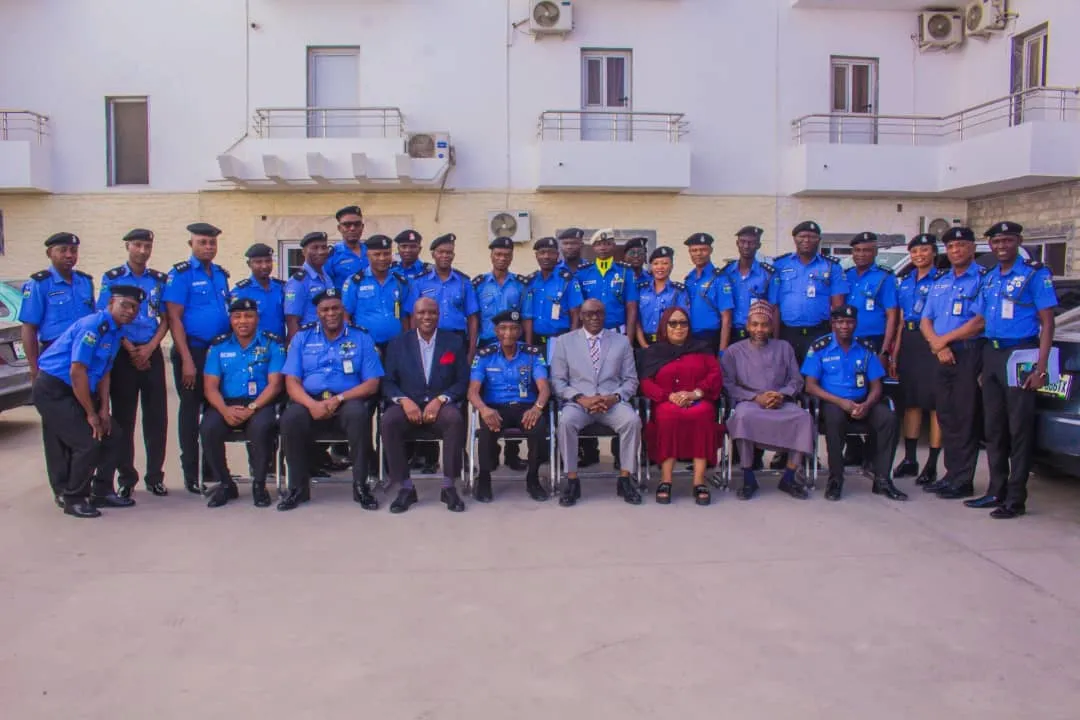RoLAC is supporting a new culture of policing in Nigeria

The interventions are funded by the European Union and implemented by the International Institute for Democracy and Electoral Assistance (International IDEA).
During its first phase, the RoLAC programme collaborated with the NPF to establish new Standards of Practice (SOPs) on critical areas of policing, such as arrest and management of persons in law enforcement custody, stop and search, conducting investigations, and more. These SOPs aimed to improve compliance with human rights standards, the Administration of Criminal Justice Act 2015, the Police Act 2020, and the Nigerian Constitution. Additionally, they seek to instil a culture of professionalism that aligns with international policing standards.
In February 2024, the RoLAC programme further supported the NPF by holding a five-day workshop that validated training resources and methodology for the new SOPs and Force Order 237. This last intervention envisions a paradigm shift in the police training model from promotion-based training to competency or role-based training, which emphasises the importance of aligning training programmes with specific policing roles and responsibilities. The competency model promotes the emergence of a professional core of police officers sufficiently skilled to contribute to effective law enforcement.
The workshop enabled senior officers, operatives, and trainers to review and evaluate training modules thematically and critically against ethical standards in policing, human rights compliance, and advanced investigative techniques. Our representatives and Consultants who facilitated the workshops stressed the significance of expertise, rule compliance (including rules regarding the use of force), community engagement, and accountability, amongst others.
With the successful validation of the curriculum and training resources, it is our consultants' responsibility to produce clean copies of the resources, which will then be presented to the leadership of the Nigerian Police Force for approval. Once approved, the resources will be incorporated into the police training curriculum. They will become part of a regular training programme that all police officers must undergo at one point or another in their policing career.
Recommendations include producing pocket-sized versions of SOPs for officers on duty and building collaborative relationships with donor agencies working with the police.
With adequate training and mentoring on the SOPs, which the RoLAC programme intends to support, we envisage that a new culture of policing that promotes ethical policing, rule compliance and respect for human rights will emerge in Nigeria. This will help restore public confidence in the Nigerian Police Force and strengthen the rule of law in Nigeria.




